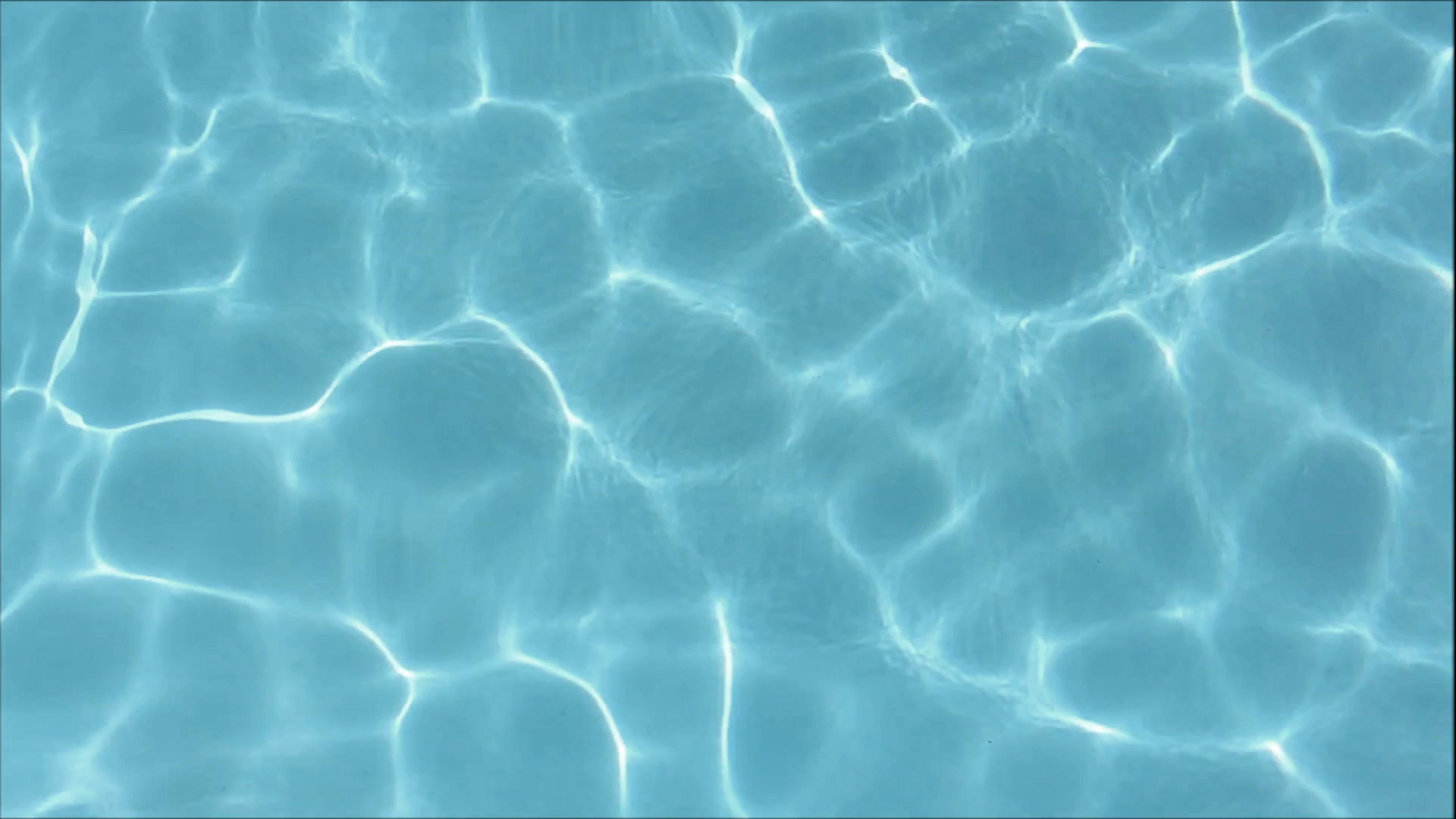Essential Pool Maintenance Tips for New Pool Owners
- Tim Gray
- Dec 12, 2023
- 3 min read
Updated: Jul 9, 2024

Congratulations on becoming a new pool owner! Owning a pool is a fantastic way to enjoy your backyard, stay cool during hot months, and entertain friends and family. However, with the joys of pool ownership come responsibilities. Proper maintenance is key to keeping your pool safe, clean, and enjoyable. Here are some essential pool maintenance tips to help you get started:
1. Regular Skimming and Cleaning
Skimming the surface of your pool to remove leaves, bugs, and other debris should be a daily task. Regularly cleaning the pool's walls and floor with a vacuum or a robotic pool cleaner prevents algae buildup and keeps your pool looking pristine.
2. Maintain Proper Water Levels
The water level in your pool can fluctuate due to evaporation, rainfall, or pool use. It's essential to maintain the water level at the midpoint of the pool skimmer opening. If the water is too low, it can damage the pump; if it's too high, it can affect the skimmer's efficiency.
3. Balance Your Pool Chemicals
Proper chemical balance is crucial for a safe and clean pool. Regularly test your pool water for pH, chlorine, alkalinity, and calcium hardness. Aim for a pH level between 7.2 and 7.6, and adjust the chemicals as needed to maintain this balance. Using a quality test kit or taking a sample to your local pool store can help ensure accuracy.
4. Clean the Pool Filter
Your pool's filter plays a vital role in keeping the water clean by trapping dirt, debris, and bacteria. Depending on the type of filter (sand, cartridge, or diatomaceous earth), clean or backwash it according to the manufacturer's recommendations. A clean filter helps maintain optimal water flow and clarity.
5. Regularly Shock Your Pool
Shocking your pool, or adding a high dose of chlorine, helps eliminate bacteria, algae, and other contaminants. This should be done weekly or after heavy pool usage, storms, or any signs of water cloudiness. Be sure to follow the instructions on the shock product for the correct dosage.
6. Check and Maintain Pool Equipment
Regularly inspect your pool's pump, heater, and other equipment to ensure they are functioning correctly. Clean out the pump basket and check for any signs of wear or damage. Proper maintenance of pool equipment can prevent costly repairs and extend the lifespan of your pool system.
7. Monitor Water Circulation
Good water circulation helps distribute chemicals evenly and prevents algae growth. Run your pool pump for at least 8-12 hours a day, especially during peak usage times. This ensures that the water is adequately filtered and chemicals are thoroughly mixed.
8. Winterize Your Pool
If you live in an area with cold winters, it's essential to winterize your pool to protect it from freeze damage. This includes lowering the water level, adding winterizing chemicals, covering the pool, and properly storing pool equipment. Consult with a pool professional if you're unsure about the winterization process.
9. Keep an Eye on Pool Safety
Safety should always be a priority. Ensure that your pool area is secure with proper fencing and gates. Keep lifesaving equipment, such as life rings and pool hooks, readily available. Regularly check that all pool safety measures are in place and functioning.
10. Schedule Professional Maintenance
While regular DIY maintenance is crucial, scheduling periodic professional maintenance can help catch potential issues early and ensure your pool is in top condition. Professional pool technicians have the expertise and tools to perform thorough inspections and maintenance tasks.
By following these essential maintenance tips, you'll keep your pool clean, safe, and ready for enjoyment all season long. If you ever have any questions or need assistance, don't hesitate to contact Swimming Pool Solutions – we're here to help you make the most of your pool!





Comments